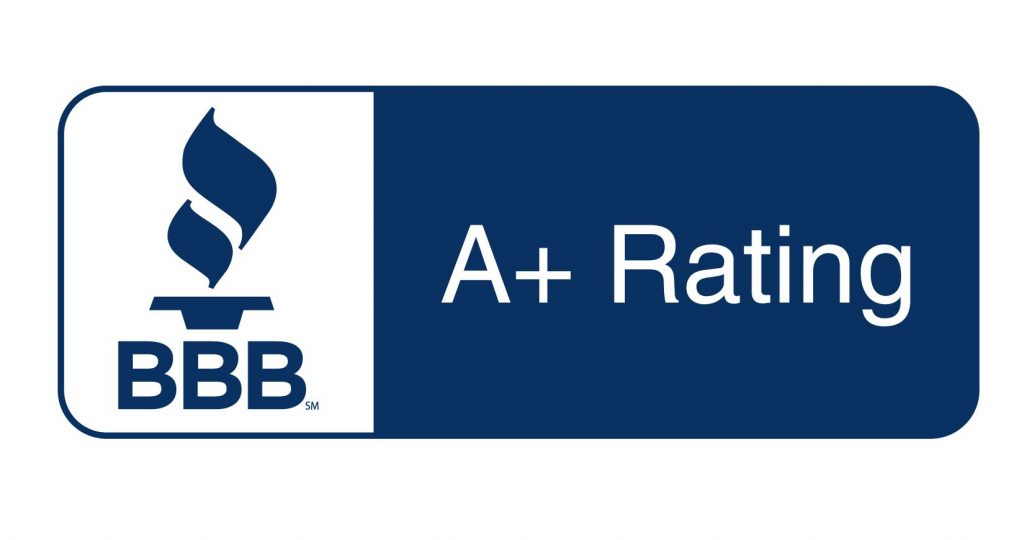As we get older, our healthcare needs evolve and often become more complex. It might be a natural part of life, but it also leads to uncertainties and questions about the best way to ensure our health and well-being. When considering the future, many people ask, “What is long-term care insurance?”
Understanding long-term care insurance is crucial for anyone who wants to plan responsibly for their future health needs. But, with so many different types of insurance policies out there, it’s tough to figure out which ones are right for you. That’s where Carolina Senior Benefits comes in!
Today, we’re going to demystify long-term care insurance. We’ll help you understand what it is and why it’s important.
Understanding Long-Term Care
Before we get into the specifics, let’s first talk about what long-term care entails.
Long-term care refers to a variety of services designed to meet an individual’s health or personal care needs over an extended period. These services help us live as independently and safely as possible when we can no longer perform everyday activities on our own. Long-term care isn’t just medical care; it’s more about assistance with basic activities of daily living (ADLs), such as bathing, dressing, eating, using the restroom, and moving around.
Long-term care can be provided at home, in a nursing home, in an adult day care center, or in an assisted living facility. Care ranges from simple tasks to more complex care requiring the skills of a trained professional.
Long-term care becomes increasingly relevant as the years go by. According to the U.S. Department of Health and Human Services, people who live to be 65 have a 70% chance of needing some type of long-term care services in their remaining years. This highlights the importance of understanding and planning for the possibility of long-term care in the future.
What Is Long-Term Care Insurance?
Long-term care insurance is a type of life insurance policy that is specifically designed to cover the costs of long-term care services. It’s important to note that long-term care insurance is different than other types of health insurance.
Traditional health insurance policies, including Medicare, usually only cover short-term, skilled care, like a brief stay in a rehabilitation center after a hospitalization. They don’t typically cover ongoing, personal care that is most often associated with long-term care, like help with ADLs or supervision due to cognitive impairments like Alzheimer’s disease.
Benefits of Long-Term Care Insurance
So, why is long-term care insurance important? The answer lies in the potential costs associated with long-term care. These services are expensive, and the costs add up quickly, leading to significant financial strain. Long-term care insurance protects your savings by paying for many of the costs of long-term care, offering both financial and emotional peace of mind for you and your loved ones.
Let’s talk about the benefits of long-term care insurance:
- Financial Protection: One of the most significant benefits of long-term care insurance is the financial protection it provides. The cost of long-term care can be in the tens of thousands of dollars per month, which will quickly deplete and retirement savings you have. It also prevents putting that financial strain on your family.
- Flexibility and Choice: Long-term care insurance gives you more flexibility in choosing where and how you receive care. With the right coverage, you can choose to receive care in your home, in a community setting, or in a residential facility, depending on your needs and preferences.
- Independence Preservation: Long-term care insurance helps you preserve your independence. With the coverage for home care services, you’ll be able to stay in your home longer, maintaining your lifestyle and avoiding or delaying the need for a nursing home or assisted living facility.
Choosing a Long-Term Care Insurance Plan
Selecting a long-term care insurance plan is an important decision, and there are a few key features to look for when comparing plans.
- Coverage: Be sure the policy covers the types of services and the care you think you might need. This might include home care, assisted living, adult daycare, respite care, hospice care, nursing home care, or cognitive facilities.
- Benefit Amount: Each policy has a benefit amount, which is the maximum amount the plan will pay for your care on a daily or monthly basis. Choose a benefit amount based on the average cost of care in your area. You should also find out how long benefits last. Some policies max out in a couple of years, while others last the rest of your life.
- Elimination Period: This is essentially a deductible, but instead of a set dollar amount, it’s a period of time. An elimination period is the number of days that must pass before your insurance will start to pay for benefits. You may be responsible for the first several months of long-term care before your elimination period ends.
- Inflation Protection: Given that the cost of care is likely to increase over time, look for a policy with inflation protection. This feature adjusts your benefit amount each year to keep pace with inflation.
Cost of Long-Term Care Insurance
The cost of long-term care insurance is influenced by several factors, including your age, health status, and the amount of coverage you choose. Generally, the younger and healthier you are when you purchase the policy, the lower your premiums will be. As of 2023, the average annual premium for a 55-year-old is around $3,000.
Remember, while long-term care insurance involves an upfront cost, it does provide significant financial protection and peace of mind in the long run.
If you’re considering long-term care insurance, we invite you to call Carolina Senior Benefits for a free consultation. Our team will help you understand your options, provide personalized quotes, and guide you through the enrollment process. Remember, planning today gives you peace of mind for tomorrow!





